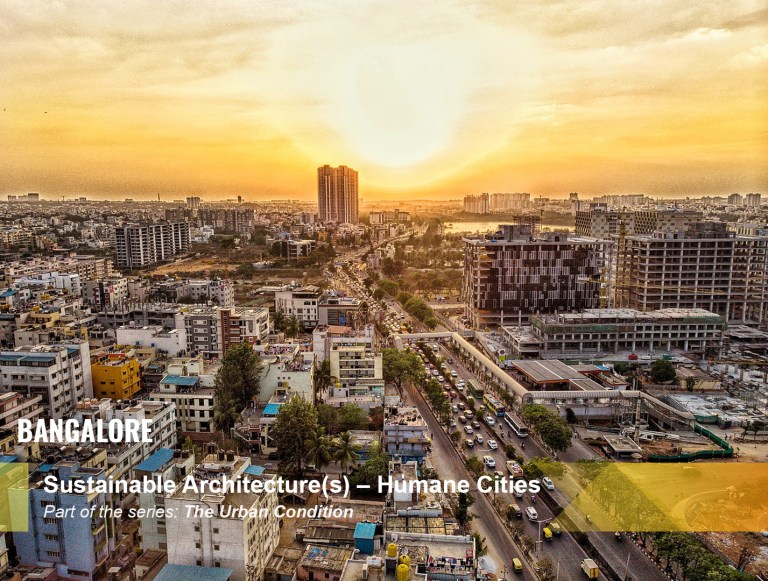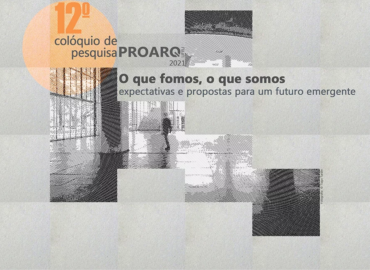Docomomo International is pleased to share the conference “Sustainable Architecture(s) – Humane Cities”, which will be held between 23rd and 25th March, 2022. This conference is organized by the College of Architecture, Dayananda Sagar Institutions, with the Research group AMPS in collaboration with PARADE (Publication and Research in Art, Architecture, Design and Environments). It is part of the Urban Condition is a global research program coordinated examining issues related to the 21st Century condition. The conference is now planned as a virtual event.
Place: Bangalore, India
Format: Virtual
Host: Dayananda Sagar Institutions [College of Architecture]
Dates: March 23-25, 2022
Abstracts: June 30, 2021 (Early)
“In 2015, the year that the Indian government launched its 100 Smart Cities Mission, the United Nations published its 17 Sustainable Development Goals including the goal of “Making cities and human settlements inclusive, safe, resilient and sustainable”. The Smart Cities Mission follows patterns of development undoubtedly spearheaded by the Global North. By contrast, sustainable development goals can be seen as predominately relevant to the Global South, which the UN projects suggests will be home to over 80% of the world’s megacities by 2030. In the context of the Covid-19 pandemic, each of these agendas is in the process of revision.
The problems faced by these cities will be enormous: the health and wellbeing of inhabitants; the housing of rural migrants; balancing formal planning with incremental and informal design; dealing with environmentally vulnerability; addressing social equity. They are all, already, issues that are both critical and subject to extensive debate. The World Health Organisation sees the notion of the ‘healthy city’ as already changed forever. Ananya Roy sees informality as a product of economic regulation, whether in Mexico, Egypt, India or Indonesia. Aromar Revi critiques the integration of the rural and the urban through the lens of sustainability and the notion of the rurban.
In bringing sustainability into the debate about healthy, equitable and humane urban development Revi opens a view onto questions of colonialism. Sustainability and public health have a conflicted history in the Global South where the march of economic development and agendas of public wellbeing and environmental protection often clash. Indeed, they have led to spatial practices such as uncontrolled density, ‘public safety’ zoning and gentrification that force the poor into cramped living conditions, insanitary housing, flood plain areas and more.
The problem is complicated more when we consider those cites of the Global South that mimic architectural and developmental practices of the North. Yasser Elshehtawy has coined the term Dubaization. He suggests that the race to construct tall buildings in the Middle East threatens the identity of cities from Bangalore to Cairo. In the Middle East and North African region this push towards the fast-paced commercial development of ‘global cities’ is particularly challenging. The arid and semi-arid environments of these places makes them vulnerable to climate change and drought and, in long term, unhealthy, unsafe and totally uninhabitable.”
KEY DATES
30 June 2021: Abstracts (Early) | 25 July 2021: Abstract Feedback | 01 September 2021: Early Registration | 30 Oct 2021: Abstracts (Round One) | 15 Nov 2021: Feedback | 15 Feb 2022: Registration Closes
Conference: 23-25th March, 2022
10 May 2022: Full Paper Submissions (where applicable) | 10 July 2022: Feedback for publication | 10 September 2022: Full Paper re-submission | January 2023: Publication
Abstract Submission form: Name_Surname_Summary-Title_Abstract_Bangalore
For more information, please visit AMPS website.





